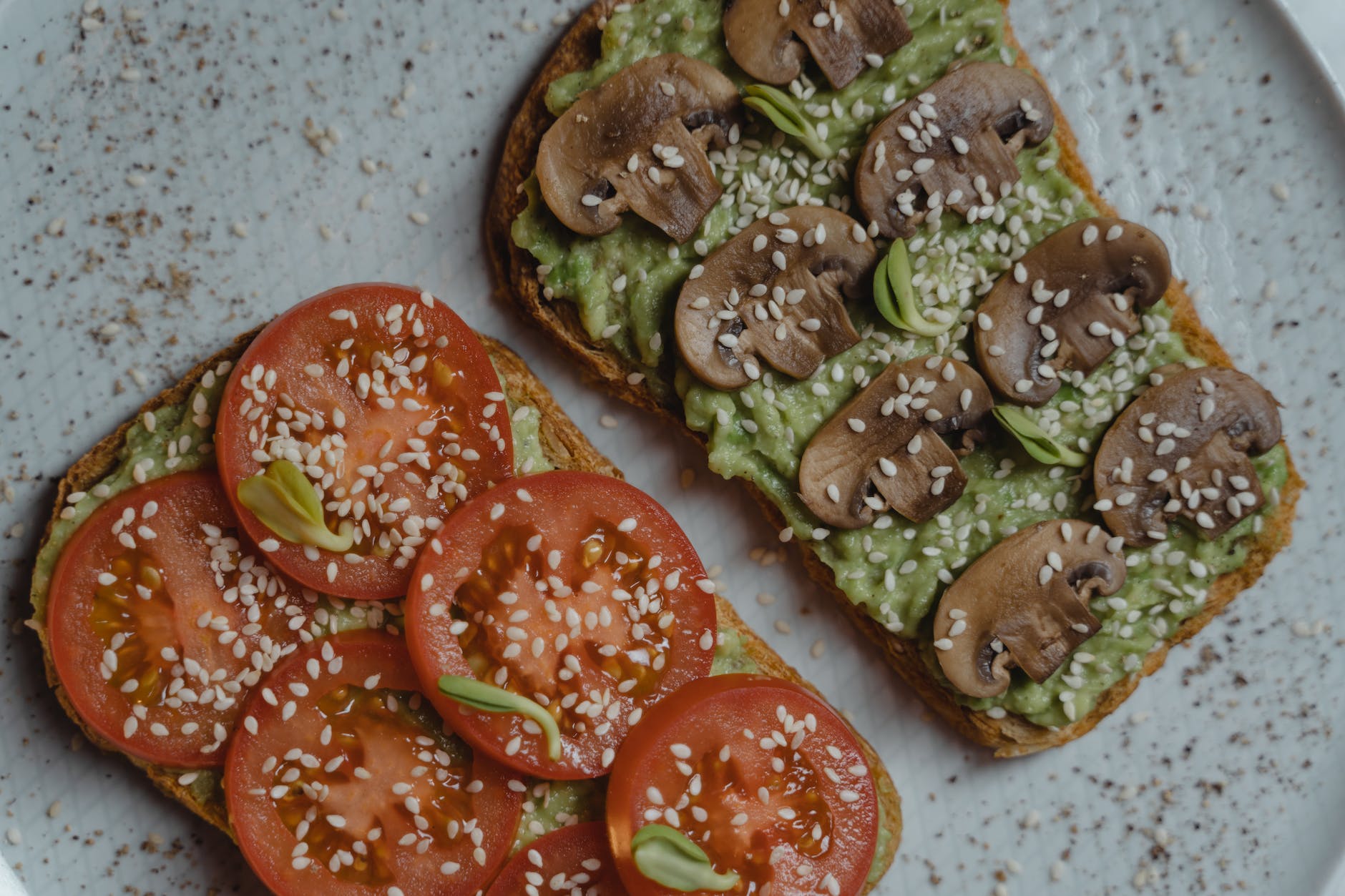
Portobello mushrooms, known for their meaty texture and earthy flavor, are a popular choice among mushroom enthusiasts and plant-based eaters. While they offer numerous health benefits and are considered safe for consumption, it’s important to be aware of potential side effects that may arise in certain individuals. In this comprehensive post, we’ll delve into the possible side effects of portobello mushrooms. Let’s explore! 👩⚕️🍄
Also Read: Vegetarian Portobello Mushroom Recipes in an Air Fryer
1. Allergic Reactions 🤧
For individuals with mushroom allergies or sensitivities, consuming portobello mushrooms can lead to allergic reactions. Symptoms may include skin rashes, itching, swelling, difficulty breathing, or even anaphylaxis in severe cases. If you have known mushroom allergies, it’s crucial to avoid portobello mushrooms and seek medical advice if you experience any allergic symptoms.
2. Digestive Issues 🚽
Some individuals may experience digestive discomfort after consuming portobello mushrooms. This could manifest as bloating, gas, stomach cramps, or diarrhea. These symptoms can be attributed to the mushroom’s high fiber content or the individual’s sensitivity to specific components in the mushroom. If you notice digestive issues after consuming portobello mushrooms, it may be best to limit your intake or consult a healthcare professional.
3. Purine Content and Gout 👣
Portobello mushrooms contain purines, which are natural compounds that can be broken down into uric acid. Excessive consumption of purine-rich foods, including portobello mushrooms, may increase the risk of gout flare-ups in individuals predisposed to this condition. If you have a history of gout or high uric acid levels, it’s advisable to moderate your intake of purine-rich foods, including portobello mushrooms, and consult your healthcare provider for personalized advice.
4. Interactions with Medications 💊
Portobello mushrooms contain compounds that can interact with certain medications. For instance, they may inhibit the enzyme responsible for metabolizing some drugs, potentially altering their effectiveness or increasing their side effects. If you’re taking medications on a regular basis, it’s essential to consult with your healthcare provider or pharmacist to ensure there are no adverse interactions between the medications and portobello mushrooms.
5. Difficulty Digesting Chitin 🦠
Like other mushrooms, portobello mushrooms contain chitin, a fibrous substance that provides structural support. Some individuals may have difficulty digesting chitin due to a lack of the necessary digestive enzymes. This can lead to gastrointestinal discomfort, including bloating, gas, and indigestion. If you experience such symptoms after consuming portobello mushrooms, you may want to limit your intake or try cooking them more thoroughly to break down the chitin.
6. Vitamin K Interference 🩸
Portobello mushrooms are a good source of vitamin K, which plays a crucial role in blood clotting and bone health. However, if you’re taking anticoagulant medications (blood thinners) that require careful monitoring of vitamin K intake, it’s important to be mindful of your portobello mushroom consumption. Speak with your healthcare provider to determine a suitable dietary plan that takes your medication and vitamin K needs into account.
Conclusion 🏁
Portobello mushrooms are generally safe and offer numerous nutritional benefits. However, it’s important to consider potential side effects and individual sensitivities. If you have specific health conditions, allergies, or concerns, it’s always wise to consult with a healthcare professional or a registered dietitian for personalized guidance. Enjoy portobello mushrooms as part of a balanced diet, and listen to your body’s response for optimal well-being! 🌈💪
Also Read: Vegan Stuffed Portobello Mushroom Recipes in an Air Fryer
Join Our Facebook Community 🤝
Interested in exploring more about nutrition, healthy recipes, and wellness? Join our Facebook group, EatLo. It’s a vibrant community where members share insights, experiences, and support on their health journeys. Click here to join the EatLo Facebook Group. We can’t wait to connect with you! 🎉👋
Tags: portobello mushrooms, side effects, allergic reactions, digestive issues, purine content, gout, medication interactions, difficulty digesting chitin, vitamin K interference










[…] how does tyramine affect your skin? Well, it primarily acts as a vasodilator, meaning it can widen blood vessels and potentially lead […]